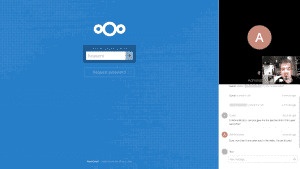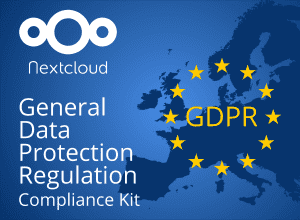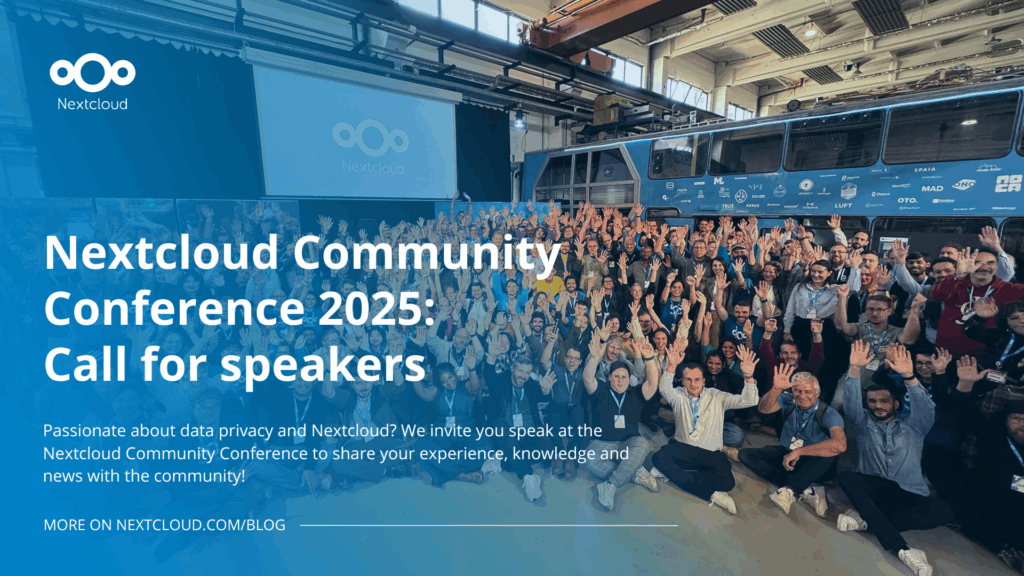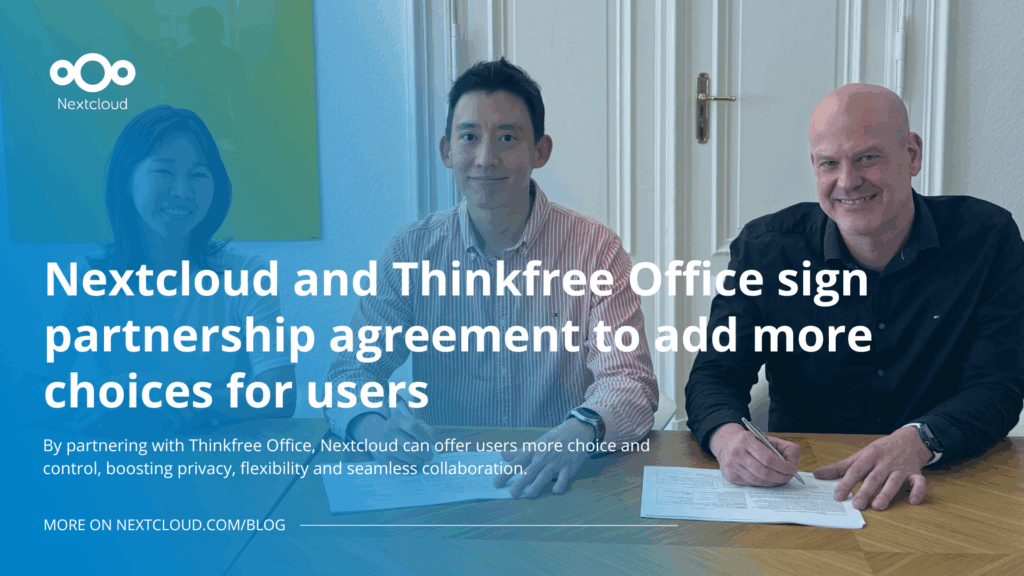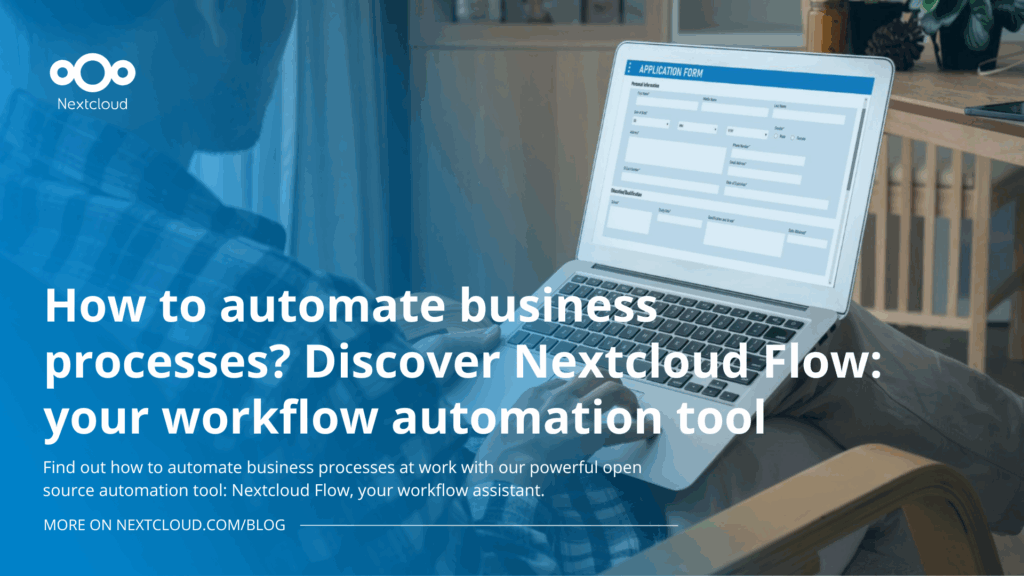Nextcloud 14: focus on security and compliance
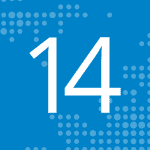
HackerOne: paying experts to find issues

A recent HackerOne case study has analyzed our security work and concluded our bug bounty handling is an example for others to follow. Michiel Prins, co-founder HackerOne, had this to say:
Nextcloud’s lightning fast response times are impressive and make them a model for how to build an efficient bug bounty triage and response process.
You can learn more and download the case study from the HackerOne website.
New security features in Nextcloud 14
For Nextcloud 14, two main security features are new:
- Video Verification
- Signal/Telegram/SMS 2FA support
We also updated our SAML and Kerberos authentication and introduced a new GDPR compliance app.
Video Verification
Video Verification is our new, unique feature that is meant to ensure that only the right person looks at the data you shared. You might think: well, I put a password on it, won’t that do the trick? It is indeed true that a password for a share link, especially when sent through another channel like sms, makes it harder for a third party to get access to the files. But there are certainly scenarios where this still happens: a spouse might use the phone, or a child. For most data, this isn’t a big deal. But think of a doctor who wants to make sure an X-ray only can be seen by the patient, not their family?
Just like a bank might require you to physically come in to open a bank account and a doctor would require a visit to tell you the results of an examination, you might want to make sure some data strictly ends up before the intended recipient. This is where Video Verification comes in. When this option is enabled, the user receives only the share link, not the password. The share link page gives a ‘request password’ button, which starts a call using Nextcloud Talk. Your phone will ring and you will be able to see and talk to the intended recipient! Once you have verified who it is, you can give the password and he/she can log in and view the data.
The YouTube video below demonstrates how this works.
Signal/Telegram/SMS 2FA support
The second main security feature in Nextcloud 14 is a new second factor authentication provider. 2-factor authentication improves the security of authentication by using a second way of ensuring only the right person can log in: besides a password, a code from a device like a phone has to be entered. New in this release is the ‘gateway’ 2-factor provider. It allows use of the secure messaging apps Signal and Telegram as well as various SMS gateways as a second factor to secure their authentication. Most up-to-date applications communicating with Nextcloud now use Login flow so you will be able to log in just like you would on the web, including, but not limited to SMS-based authentication. Absent support for the Login flow, your legacy applications will accept device passwords.
Note that especially the Signal authentication support relies on a third party docker container, so take some care with it. You can learn more on this page.
In other 2-factor news, the app now officially supports authentication via NFC (Yubikey NEO)!
SAML and Kerberos
Thanks to a collaboration with the TU Berlin it is now possible to authenticate to Samba servers while using Kerberos authentication. Note that this requires the server to already have a valid ticket to authenticate! The Nextcloud SAML app was updated with support for multiple Identity Providers, allowing a server to have both local users and SAML authentication. The SAML configuration was also simplified.
GPDR
When working with others, it is important to keep data not only secure but also within the legal boundaries set by compliance regulation. Nextcloud has made another step forward in this area. This release introduces a Data Protection Confirmation app and a separate audit log file, complementing to the existing Impressum/legal notice and data request apps available in the Nextcloud Compliance Kit. Using the applications in the kit as well as extensive documentation, supported by our compliance expertise accessible through their Nextcloud Subscription, Nextcloud customers can ensure full legal compliance with a minimum of effort. You can learn more on our website.
Closing
Besides all the big things mentioned above, lots of smaller improvements were made, like the use of the new ARGON2I hashing algorithm – if you don’t know what that means, don’t worry, that is a healthy thing! It simply means our team makes sure to take care of both the small and large things. If you have any feedback or want to contribute, you can contact us over github or get preferential access to our developers through a Nextcloud Subscription.
To get a big-picture overview of all our efforts to keep your data secure, check out the security page on our site or download a whitepaper.






